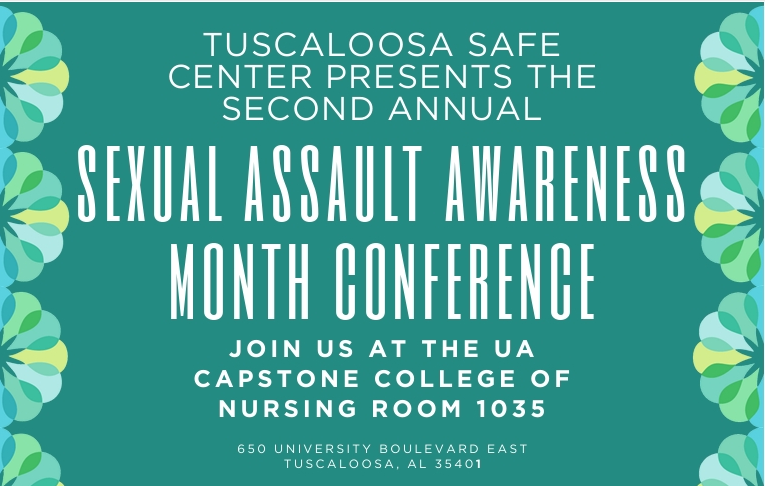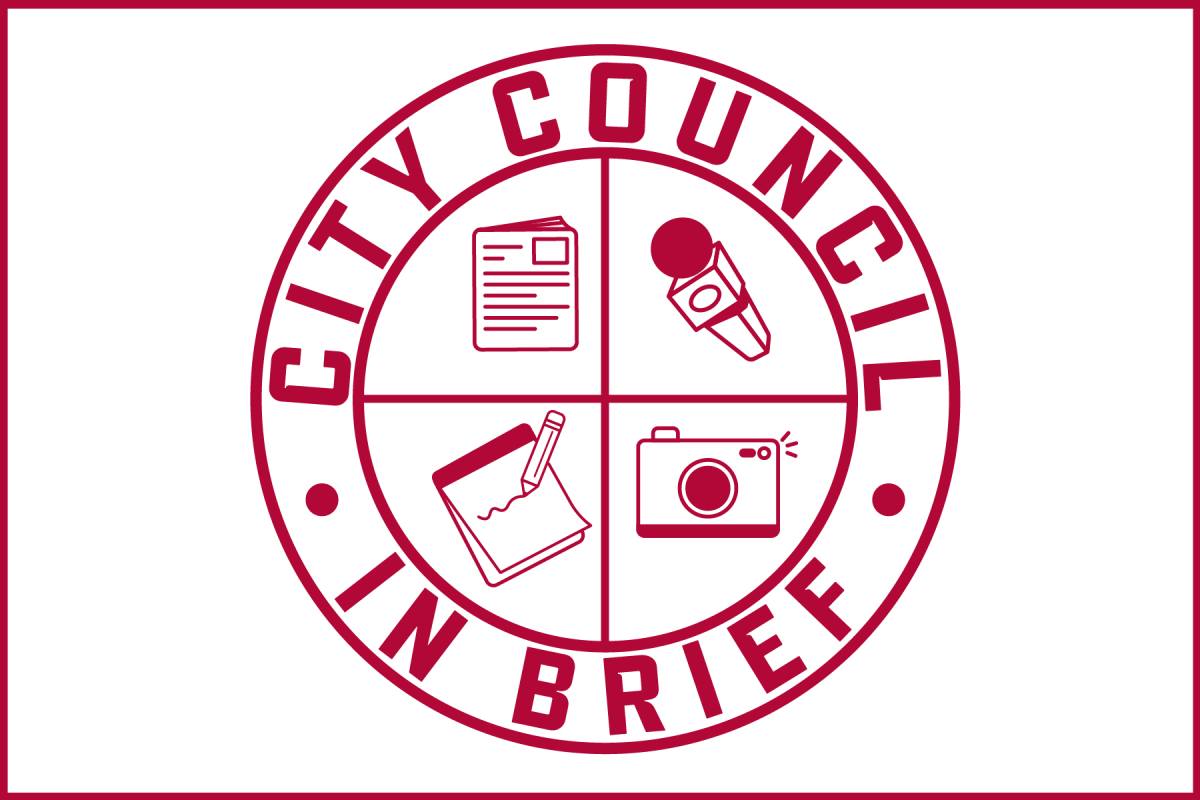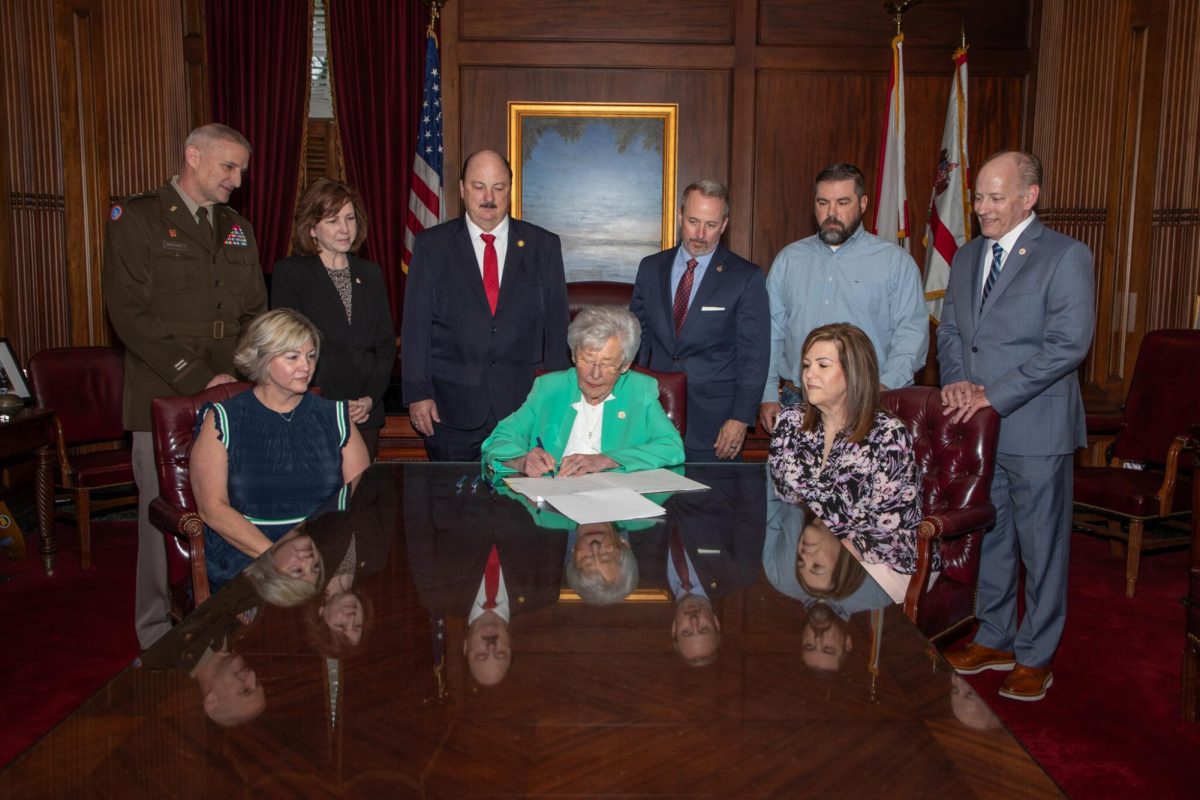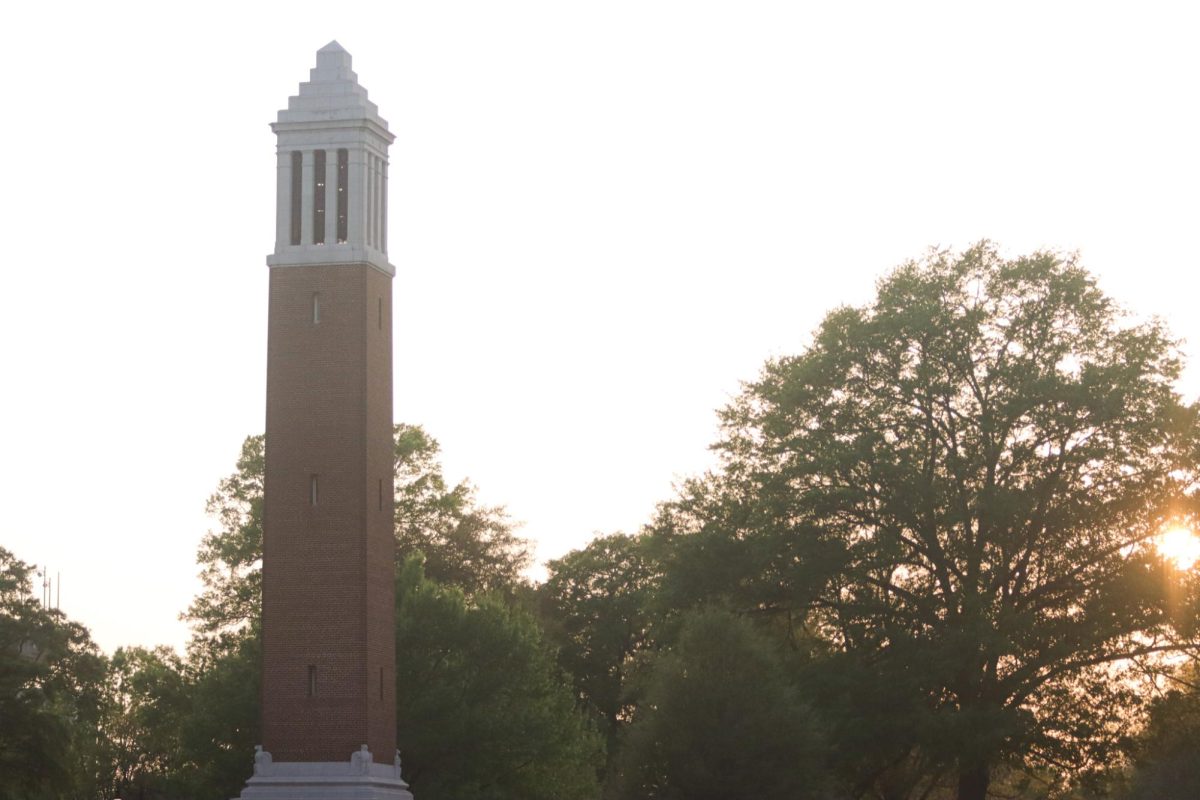International students at The University of Alabama are witnessing a very important time in United States history as citizens choose the president for the next four years — or so Americans think.
As debates between Republican hopeful Mitt Romney and current Democratic President Barack Obama have carried on and arguments between proponents of both parties have waged, many exchange students question the importance of American politics on an international scale.
Europe
Ashley Bennett, a 20-year-old history student from Manchester, England, came to the University to study United States history as it relates to his dissertation topic, but he said he was never taught American politics growing up. He only watched the presidential debate on foreign policy because he felt as though the other topics did not relate to him.
“I have to say that since I have been here it is very clear that the American public take a much closer interest in their politics than we do,” Bennett said. “Also, the politicians seem to have much greater personalities than ours, which makes watching the debates much more interesting than I had expected.”
However, Bennett said the personalities of the two politicians translated into unwarranted self-absorption.
“From what I heard both candidates talking about, I was shocked at the sheer arrogance displayed by both men when they were discussing America’s place in the world,” he said. “I understand that the United States is indeed a major power in the world, but I had believed that this feeling of self-importance would have been diluted over the years. It seems not.”
Although Bennett realized his representation as that of England, he recognized a familiar feeling among many European nations.
“Certainly the general opinion of those in England believe that the United States is a good friend to have, but there is little respect for her on the international scene,” he said. “Many of our decisions are focused on the European Union, and the United States is almost never mentioned in our political debate at all. It was a very strange experience to witness such arrogance displayed by a nation’s politicians when I know that back home the U.S.A. is not viewed as a country to aspire to at all.”
Asia
As an economic competition begins between the United States and China, the election poses an important turning point for Asian countries. However, the Chinese perception of the different presidential candidates greatly differs.
Miaomiao Pang, a 23-year-old MBA student from China, has a slightly negative view of United States politics.
“It’s more like business campaigns among big birds who stand behind politicians,” Pang said. “Obama [has a] lack of vision and an iron fist. Romney is over-confident [and uses] an old trick to get votes by promising to crack down on China. [I would like America to] be realistic, embrace differences and abandon stereotype images.”
Some Chinese students hope the new president will make more concrete changes.
“There are some anti-Chinese comments in both sides, but Romney said if he becomes the new president, China will be one of the currency manipulators,” Danna Meng, a 20-year-old who came to the United States from China to study finance, said. “I hope America will pay more attention to China’s interests, like [whether] the Diaoyu Island [belongs] to Japan or China.”
Riu Zhang, a 20-year-old student from China, knows that President Obama would be the best choice for China’s sake.
“For me, if you ask me to vote my answer is Obama,” Zhang said. “I think Romney — I’m from China — most of his answers in the debates go against China. I would vote for Obama. Romney would be bad for world peace.”
Middle East
After discrepancies about America’s responsibility to Middle Eastern countries fighting for democracy, students originally from the region are open to pointing out the differences in the government bodies.
“[My country is] not democratic in any sense of the word,” said 18-year-old Zeyad Abdulrahman Almajed from Saudi Arabia, who will begin classes in civil engineering after finishing classes at the English Language Institute. “We have kings and their regime — when one king dies, his brother or family heir takes his place and begins his rule.
“I think Mitt Romney will be the next President of the United States. However, I do like some of Obama’s principles and his agenda for America. Mitt Romney does have great points, but I like Obama’s stance on America’s future better. I would love to see America bring its education system to Saudi Arabia, such as the college system. With so many Saudi students coming to America to study, it would be fantastic for America could bring its system there.”
Abdul Wahab, a student in the international business management program at the University, likes the Saudi Arabian king but thinks about the differences between the two American presidential candidates.
“Obama did a lot of things and wants to complete his plan. But I like Romney’s plan because he thinks about small business and students after they graduates for finding jobs,” Wahab said. “Obama is a good president, and I think he is a friend internationally and he wants to do good things with the relationships between countries — he’s done a lot.”








